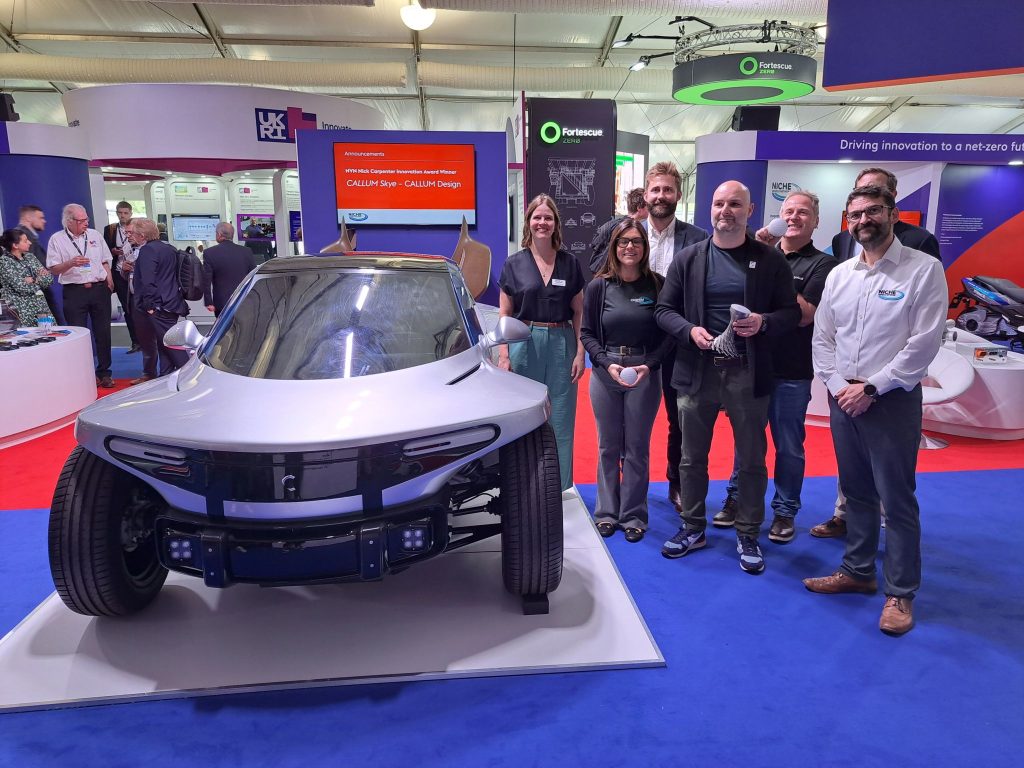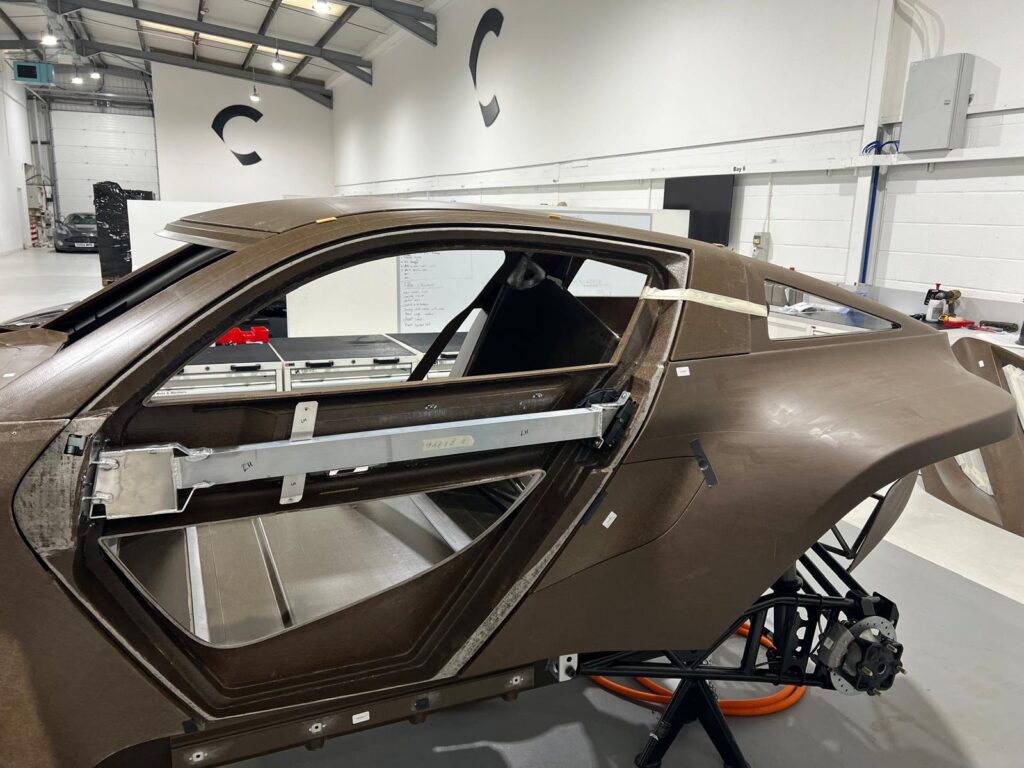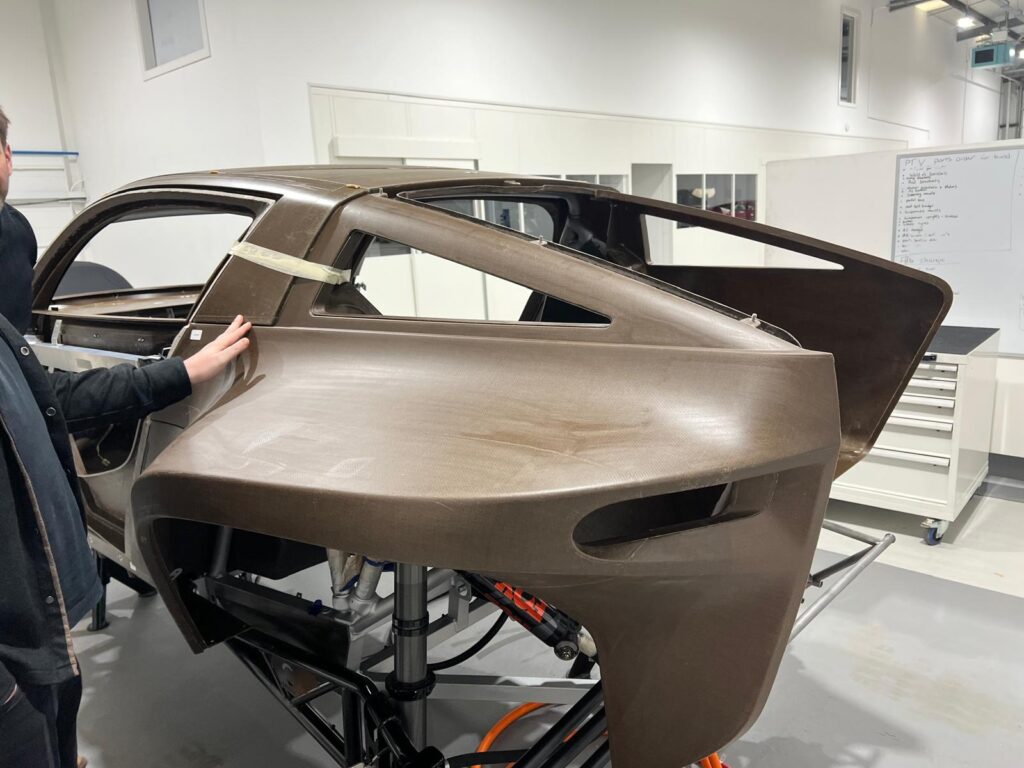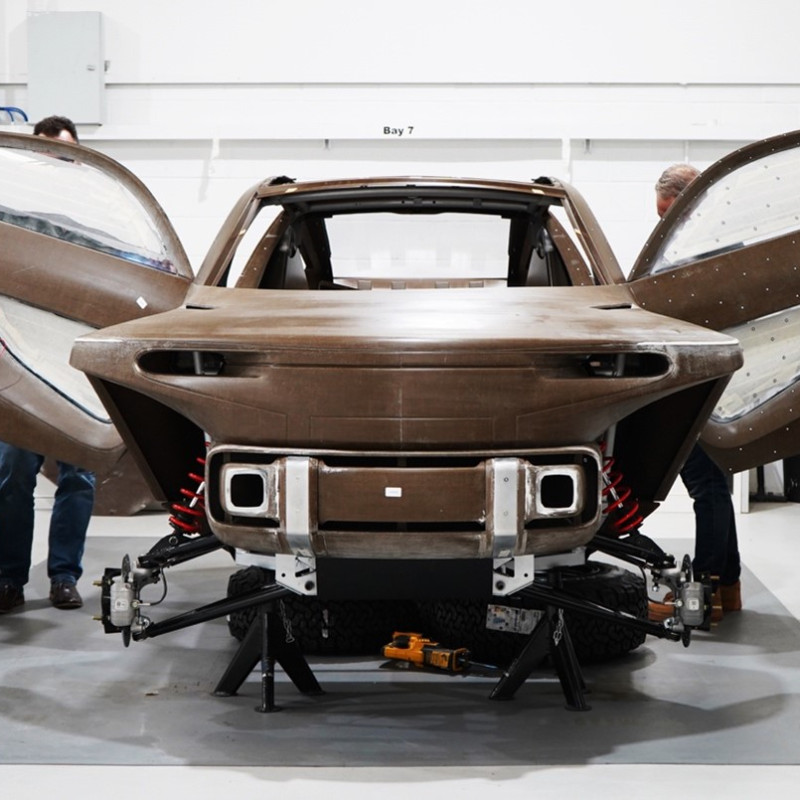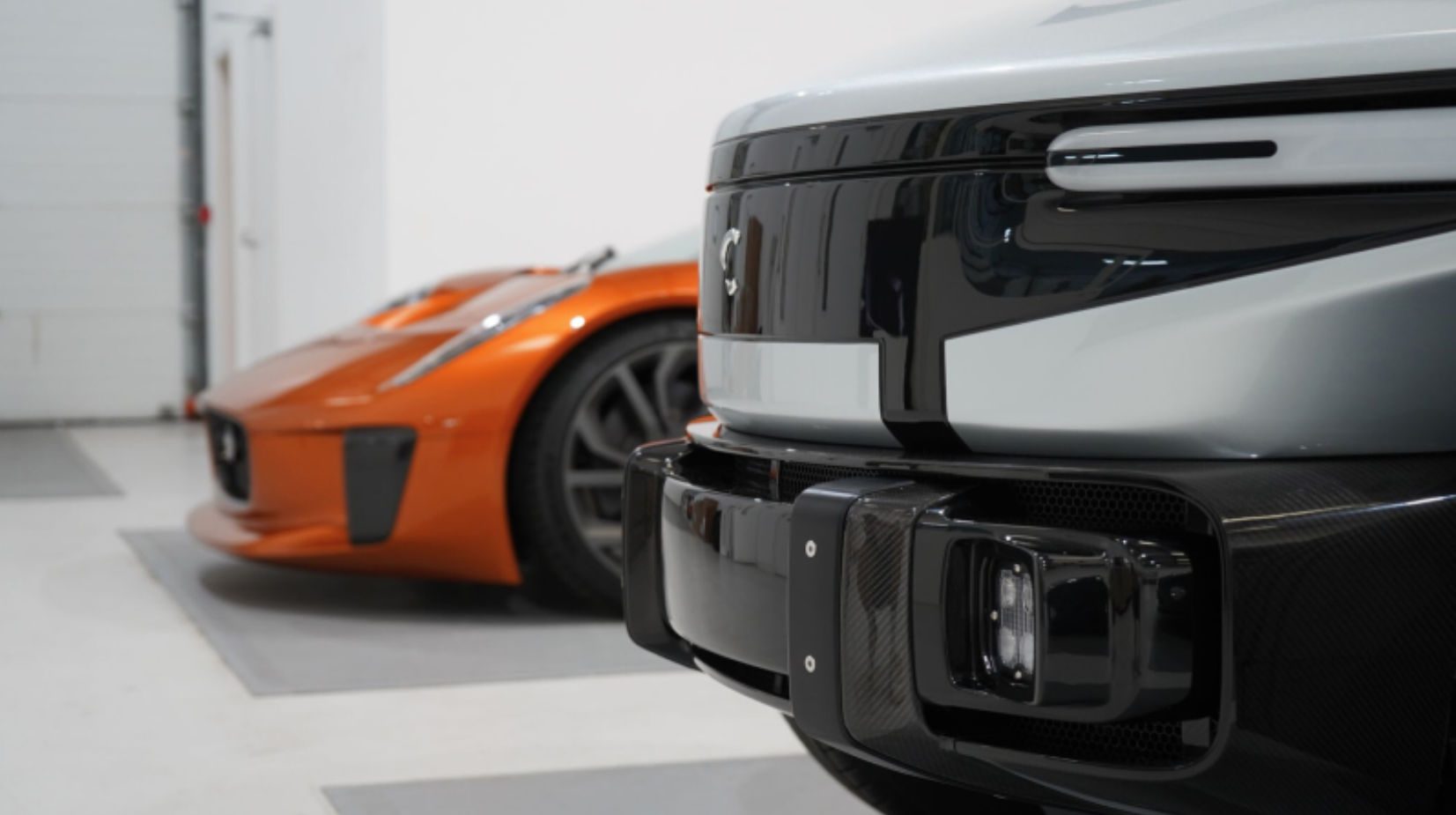

At CODEM Composites, sustainability is a core value that is deeply ingrained in our company culture. Our goal is to become the top choice for bio-based sustainable composite solutions by developing environmentally sound technologies and products, adopting responsible operations, and ensuring accountability throughout the supply chain. As such, we are committed to taking proactive measures to mitigate the ecological impact of our operations.
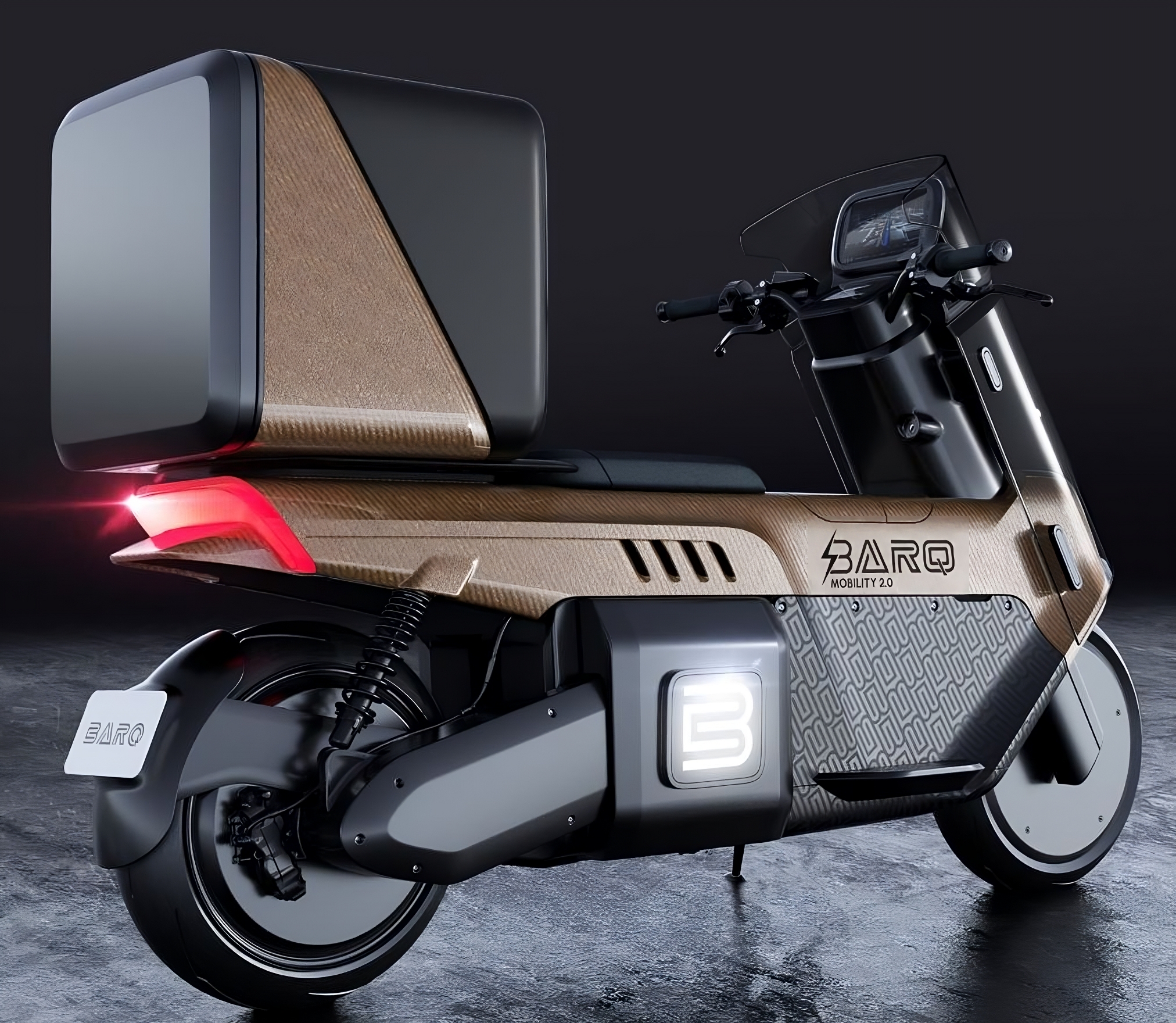
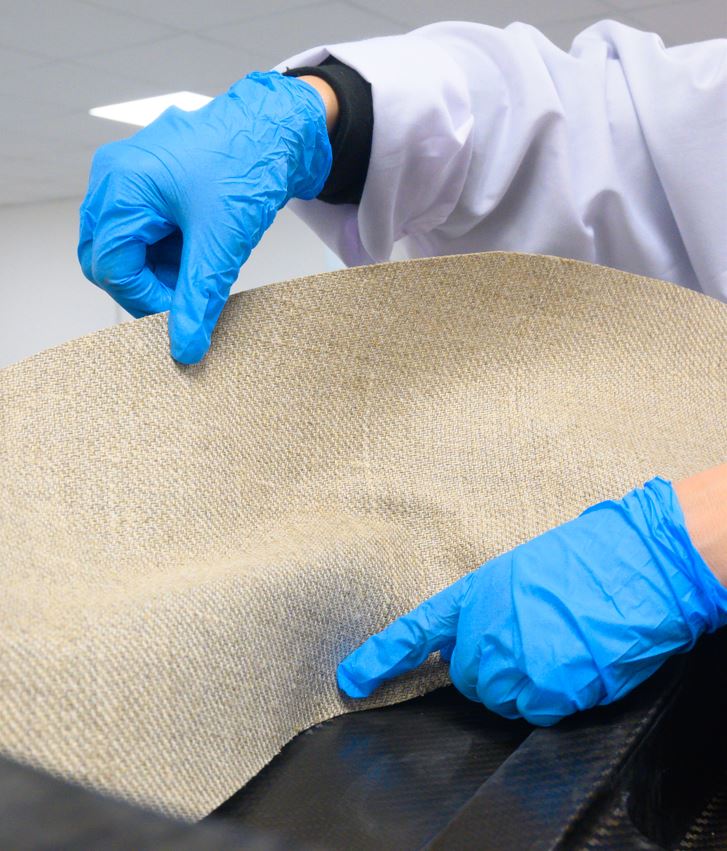
Optimising sustainability credentials is key to our material selection process. We have developed an in-depth understanding of the processing requirements and performance capabilities of these materials, and we are ready to respond to our customer’s requirements.
Replacing traditional epoxy resin systems with a bio-epoxy system such as SHD’s MTB350 which is 30% derived from bio-based sources enables an incremental step towards a more sustainable composite solution whilst still providing the performance of conventional systems. Combined with a natural fibre reinforcement such as flax fibres, this prepreg system delivers a composite component with over 70% of its raw material derived from bio-based, sustainable alternatives to fossil fuels.
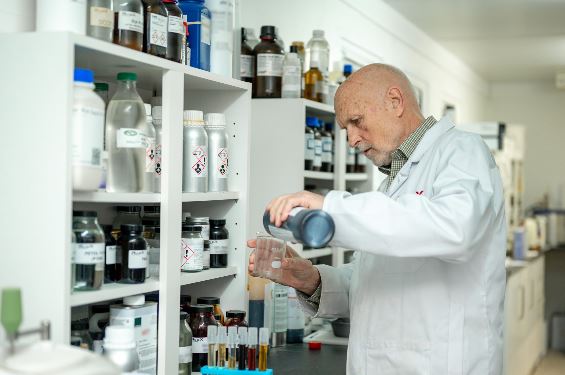
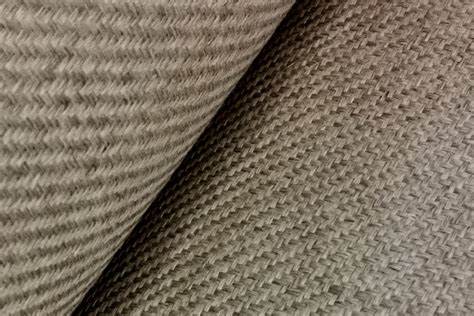
Sustainability is no longer optional; it’s essential. Halo-S tooling board stands out not only for its technical capabilities but also for the eco-friendly properties. Halo-S, developed by Ru-Bix, has a 98% bio-content (resin) and capability for direct tool creation. This innovation represents a significant step forward in sustainable manufacturing, merging high performance with environmental responsibility.
ISO 14001 provides CODEM with a structured framework for managing environmental responsibilities, supporting continuous improvement in environmental performance. This standard addresses key aspects such as resource utilisation, waste management, and performance monitoring, integrating with our ESG portal to track progress. Adhering to ISO 14001 ensures a commitment to sustainability and ongoing enhancement of our environmental impact.
